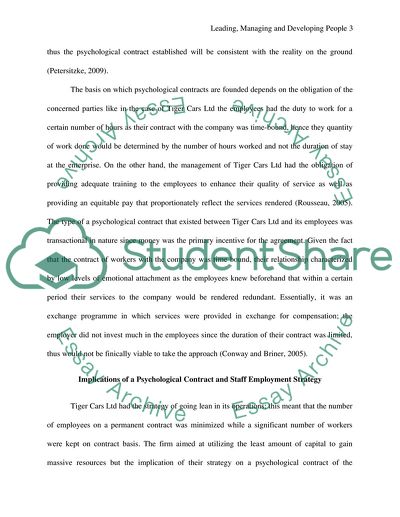Cite this document
(“M06HRM-Leading, Managing and developing People Essay”, n.d.)
M06HRM-Leading, Managing and developing People Essay. Retrieved from https://studentshare.org/human-resources/1678586-m06hrm-leading-managing-and-developing-people
M06HRM-Leading, Managing and developing People Essay. Retrieved from https://studentshare.org/human-resources/1678586-m06hrm-leading-managing-and-developing-people
(M06HRM-Leading, Managing and Developing People Essay)
M06HRM-Leading, Managing and Developing People Essay. https://studentshare.org/human-resources/1678586-m06hrm-leading-managing-and-developing-people.
M06HRM-Leading, Managing and Developing People Essay. https://studentshare.org/human-resources/1678586-m06hrm-leading-managing-and-developing-people.
“M06HRM-Leading, Managing and Developing People Essay”, n.d. https://studentshare.org/human-resources/1678586-m06hrm-leading-managing-and-developing-people.


